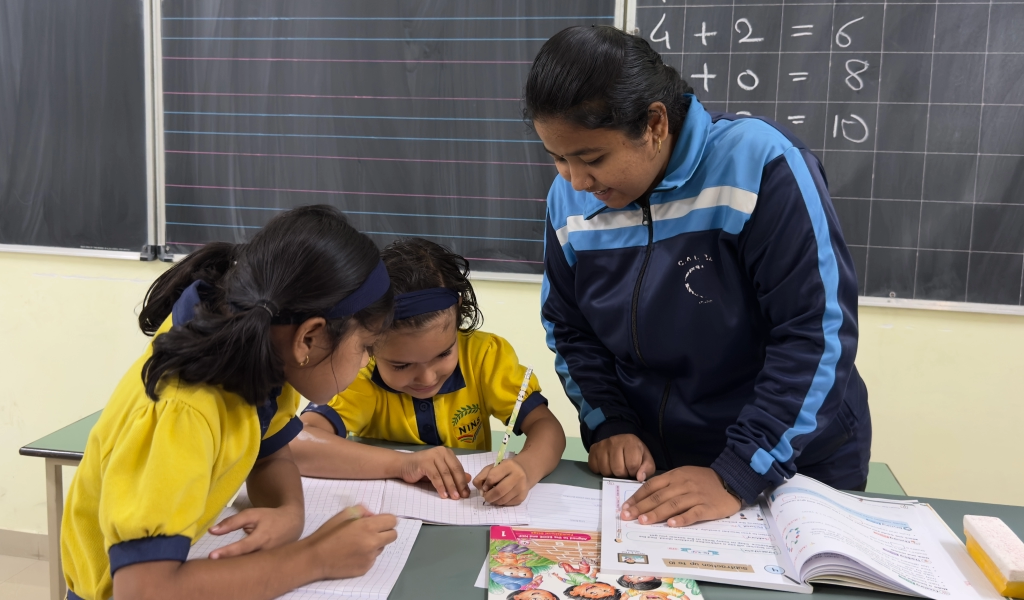How Our School Encourages Inquiry-Based Learning

In today’s fast-changing world, education must do more than just deliver facts. It must prepare students to think critically, ask questions, and solve real-world problems. At New India National School, we’ve embraced inquiry-based learning (IBL) as a core teaching philosophy to help students become curious, confident, and independent learners.
🔍 What is Inquiry-Based Learning?
Inquiry-based learning is a student-centered approach that starts with questions, not answers. Instead of passively receiving information, students actively explore concepts through observation, questioning, investigation, and reflection. This approach nurtures critical thinking, creativity, and a lifelong love of learning.
🧠 Why Inquiry Matters
Children are natural explorers. When learning is framed around their questions and interests, they:
Retain information better
Understand concepts more deeply
Develop research and problem-solving skills
Become self-motivated learners
At our school, we believe “learning how to learn” is just as important as what is learned.
💡 How We Implement Inquiry-Based Learning
1. Question-Driven Classrooms
Teachers encourage students to ask “why,” “how,” and “what if.” Lessons begin with a question or a real-life problem, sparking curiosity and investigation.
2. Project-Based Learning
Students engage in hands-on projects that require critical thinking and collaboration. Whether building a model, conducting a science experiment, or researching local history, they learn by doing.
3. Role of the Teacher: Guide, Not Just Instructor
Our educators act as facilitators who support exploration, provide direction when needed, and encourage deeper thinking—rather than just delivering answers.
4. Real-Life Contexts
We connect subjects to real-world situations. Math might involve managing a mock budget, while science lessons could include designing eco-friendly solutions for everyday problems.
5. Collaborative Learning Spaces
Classrooms are set up for group discussions, experiments, and exploration. Students work in teams, share ideas, and learn from each other.
🌱 Examples from Our Classrooms
Grade 3 Science: Students investigated “Why do some plants grow faster than others?” by growing plants under different light and water conditions.
Grade 6 Social Studies: Instead of a textbook-only lesson on government, students created their own class constitution and held a mock election.
Grade 7 Math: Students explored geometry by designing blueprints for their “dream classroom.”
📈 The Results
We’ve seen firsthand how inquiry-based learning:
Improves academic performance
Boosts student engagement
Builds communication and leadership skills
Encourages a growth mindset
Parents often share how their children have become more curious, observant, and confident — not only in school but in everyday life.
